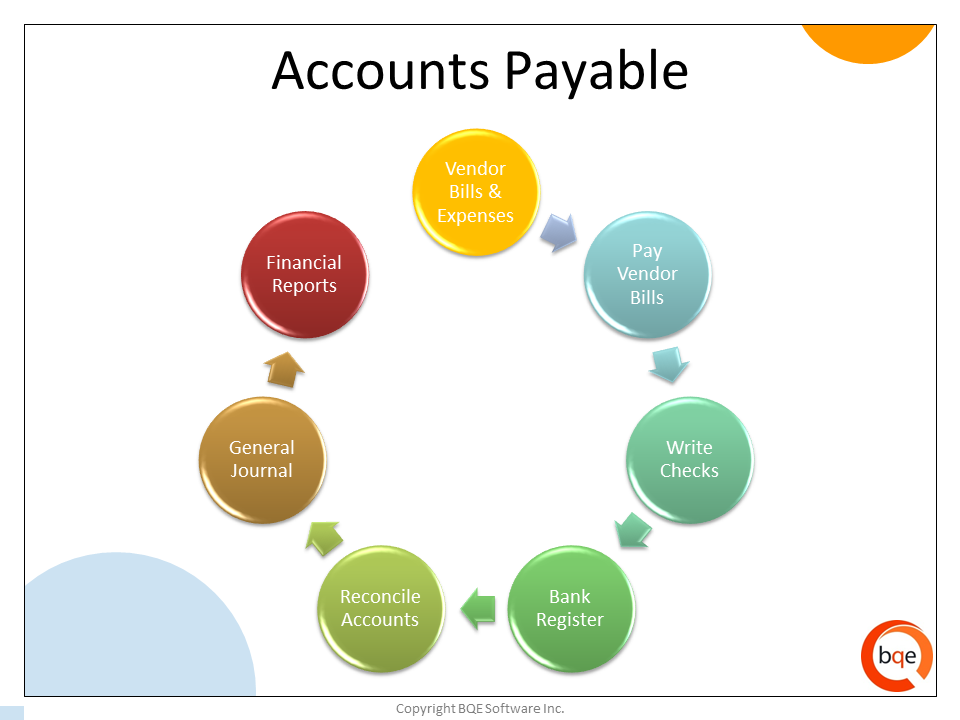
A withdrawal from a qualified annuity will be taxed as normal income at your current tax rate, while non-qualified annuity withdrawals are only partially taxable. Qualified annuities are funded with pre-tax dollars, typically through an employer-sponsored retirement plan like a 401(k) or an IRA. Contributions to these annuities are tax-deferred, meaning taxes are paid when withdrawals are made. The idea of a guaranteed income stream for life from an immediate annuity is appealing for obvious reasons.
On the other hand, if you don’t need income right away, you may be better off continuing to invest your money in the market or through a deferred annuity. And if you do have a pension, you might already have your basic income needs covered so you may not need an annuity on top of it. Because the payments are tied to two lifespans, which increases the likelihood at least one person will live a long time, payments may be lower with joint lifetime annuities than comparable single lifetime annuities. As you can guess by the name, the payments on these contracts last for your entire life. In exchange for a certain upfront payment, your annuity provider agrees to pay you a set income regularly. Guaranteed income from your immediate annuity can be used to help cover essential expenses like groceries, insurance, utilities and other monthly bills.
Immediate Annuities Explained
Life and annuity products are issued by Nationwide Life Insurance Company or Nationwide Life and Annuity Insurance Company, Columbus, Ohio. The general distributor for variable products is Nationwide Investment Services Corporation (NISC), member FINRA, Columbus, Ohio. Nationwide Funds are distributed by Nationwide Fund Distributors, LLC, Member FINRA, Columbus, OH. Nationwide Life Insurance Company, Nationwide Life and Annuity Company, Nationwide Investment Services Corporation and Nationwide Fund Distributors are separate but affiliated companies. They could also be used to finish paying off your mortgage or to cover your bills until you qualify for other income, like a pension. The logic is you’re covering a temporary need that won’t last your entire life.
Annuity Customers Face Significant Delays in Application Processing – Annuity.org
Annuity Customers Face Significant Delays in Application Processing.
Posted: Fri, 17 Feb 2023 08:00:00 GMT [source]
By purchasing a SPIA, Charlotte can guarantee that she’ll receive regular income payments for as long as she lives. In the case of a fixed rate, each payment to the annuity owner will be the same. If the annuity is variable, the amount of each check will be different because the subaccounts will fluctuate. Both of these options help protect payments from inflation, but fixed annuities offer more reliability than variable annuities. Annuities are designed to provide a steady cash flow for people during their retirement years and to alleviate the fears of outliving their assets. Since these assets may not be enough to sustain their standard of living, some investors may turn to an insurance company or other financial institution to purchase an annuity contract.
How an Annuity Works
Given the stakes in any annuity sale, you should feel a strong sense of entitlement to clear, direct answers. Any decision you make about an annuity is bound to be important, given how much money the person selling it will most likely ask you for. But much of the background reading on the topic is dull and confusing. After I wrote two weeks ago about getting tossed out of the office of an annuity salesman, there was a surprising clamor for more information about this room-clearing topic. One group of readers just wanted a basic explainer on how annuities work.
Advantages and Applications of Joint Life Insurance Policies – Annuity.org
Advantages and Applications of Joint Life Insurance Policies.
Posted: Wed, 12 Jul 2023 07:00:00 GMT [source]
They can be funded either with a lump sum or payments over time. Deferred annuities tend to make higher payments because the provider has a longer period of time to invest your initial payment(s). There are many types of annuity contracts, featuring a wide range of different features and fees. Like immediate annuities, they all aim to help investors create their own retirement paycheck. You provide an upfront investment, and the annuity company guarantees regular income for the life of the contract. The terms “deferred” and “immediate” refer to when the actual distribution of your annuity begins.
More annuity resources
Our expert reviewers hold advanced degrees and certifications and have years of experience with personal finances, retirement planning and investments. Outliving savings is a common worry in retirement, and an immediate annuity Immediate Annuities Explained guarantees a steady source of income for the rest of your life. Annuitants can also decide how often they want to be paid, known as a “mode.” A monthly mode is most common, but quarterly or annual payments are also an option.

Waiting to collect Social Security would also increase your benefit. Deferred annuities and immediate annuities can both be either fixed or variable. There are advantages and disadvantages to single premium immediate annuities. The remaining portion of the payment consists of interest earnings and is taxable. In previous years people may have been more circumspect about investing in annuities, due in part to their reputation for complexity and high fees. Today, there’s a wide range of annuities, some of which are less complex and lower in fees and have a range of features that can help you achieve specific financial goals.
Annuity Whisperer: Historical Annuity Rates Do They Even Matter
Never forget to live in reality, not the dream, with annuities and contractual guarantees! You can use our calculators, get all six of my books for free, and most importantly book a call with me so we can discuss what works best for your specific situation. If you want long-lasting income without the fees and complexity of annuities, there are other options.
If your contract doesn’t require you to annuitize, you could leave your funds invested indefinitely. You may have the option to take one-off withdrawals and/or designate a beneficiary to receive the money when you die. As the name suggests, immediate annuities start paying out right away, so they’re are frequently used by people already in retirement. A deferred annuity can also be converted into an immediate annuity. People who choose variable annuities are willing to take on some degree of risk in the hope of generating bigger profits. Variable annuities are generally best for experienced investors, who are familiar with the different types of mutual funds and the risks they involve.
Deferred fixed annuities have a fixed rate of return that is guaranteed for a set period of time by the issuing insurance company. Annuities are generally structured as either fixed or variable instruments. Fixed annuities provide regular periodic payments to the annuitant and are often used in retirement planning. Variable annuities allow the owner to receive larger future payments if investments of the annuity fund do well and smaller payments if its investments do poorly. This provides for less stable cash flow than a fixed annuity but allows the annuitant to reap the benefits of strong returns from their fund’s investments. An annuity is a contract you purchase from an insurance company, designed for long-term investing.
Variable Annuities
These types of annuities are not suitable investments for people who seek wealth accumulation or capital appreciation. An annuity fund is the investment portfolio in which an annuity holder’s funds are invested. The annuity fund earns returns, which correlate to the payout that an annuity holder receives. When an individual buys an annuity from an insurance company, they pay a premium.
- After I wrote two weeks ago about getting tossed out of the office of an annuity salesman, there was a surprising clamor for more information about this room-clearing topic.
- On some products, you may have options for a cost-of-living adjustment (to protect against inflation) and a liquidity feature (to allow lump-sum withdrawals in the event of a financial emergency).
- In some instances, you can withdraw money from a deferred annuity before payouts start.
- Fixed-index annuities don’t have fees spelled out separately; they’re built into the structure of the product.
Just like term life insurance is “pure” insurance, a SPIA is “pure” income. Because of this, there are lots of insurance companies out there competing for your business. This competition keeps prices (and agent commissions) lower and provides you a better deal. There are plenty of bells and whistles that can be added on to a SPIA, but every additional feature will cost you a little more.
Single Life Annuity vs. Joint Survivor Annuity
The return column is your return if you live to your expected life expectancy. The -5 column indicates the return if you die 5 years before your expected age. The amount of tax you’ll owe on an annuity withdrawal depends on the type of annuity you have.
Each State Farm insurer has sole financial responsibility for its own products. Decide how much you want to put in your immediate annuity to cover essential living expenses or income for other expenses in retirement. Julia Kagan is a financial/consumer journalist and former senior editor, personal finance, of Investopedia. This includes reputable industry sources, select financial publications, credible nonprofits, official government reports, court records and interviews with qualified experts.